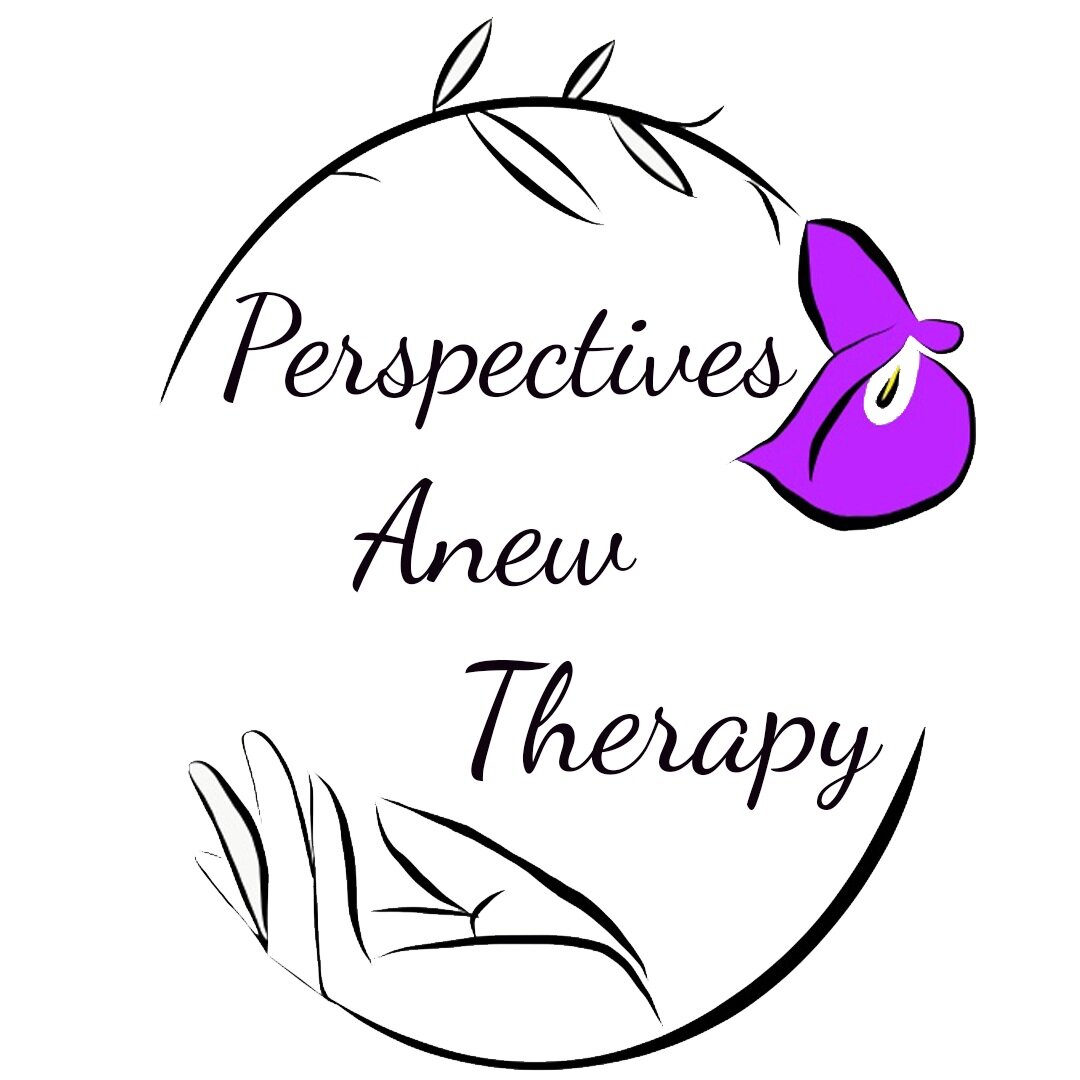September: National Recovery Month
September is an important month because not only is it National Suicide Prevention Month, it is also National Recovery Month. The goal of Recovery Month is to educate Americans on available substance use treatment and mental health services that can help those living with a mental and/or substance use disorder to live a healthy life. This month we celebrate those in recovery in order to reinforce a positive message that our mental health is vital to our overall health. Recovery is possible, treatment is effective, and there are preventions that work to help those struggling with a substance use disorder.
Talking about addiction and educating the general public allows a better understanding of what it’s like to have a mental and/or substance use disorder. The less we acknowledge addiction in the United States the more shameful and taboo the subject becomes. In reality, addiction is a disease of the brain that requires authentic care and understanding not just from professionals, but society as a whole. In the United States alone, over nine million people 12 years or older misused opioids in the past year. Additionally, over 46 million people 12 years or older, about 16.5% of the population, met the DSM-5 criteria for having a substance use disorder in the past year. Around 29 million people were diagnosed as alcoholics and 24 million people were diagnosed as having a drug use disorder.
Although there are treatment options available, 94% of those diagnosed with a substance use disorder did not receive treatment in the year 2021. The pattern and progression of substance use disorder starts with experimental or prescription use, occasional use or using prescription medication not as intended, heavy use which then develops into a substance use disorder. Factors influencing the development of a substance use disorder include the effect on your brain chemistry while under the influence, genetics, mental health conditions, access and exposure to substances, and adverse childhood experiences.
The three main forms of treatment include detoxification, cognitive and behavioral therapies, and medication-assisted therapies. Settings for treatment include outpatient counseling, intensive outpatient treatment, inpatient treatment, and long-term therapeutic communities. Within the realm of psychotherapy are a variety of effective therapies that help to treat those living with a substance use disorder. Cognitive behavioral therapy (CBT), dialectical behavior therapy (DBT), and assertive community treatment (ACT) are just a few examples of beneficial treatment options.
Source: Cleveland Clinic, U.S. Department of Health & Human Services, National Association of Addiction Professionals
